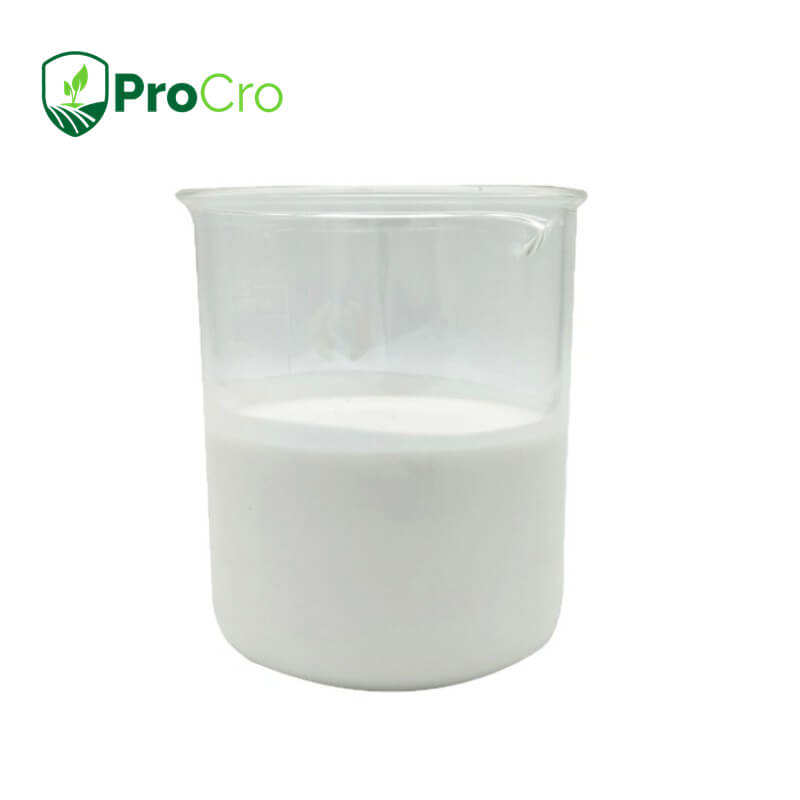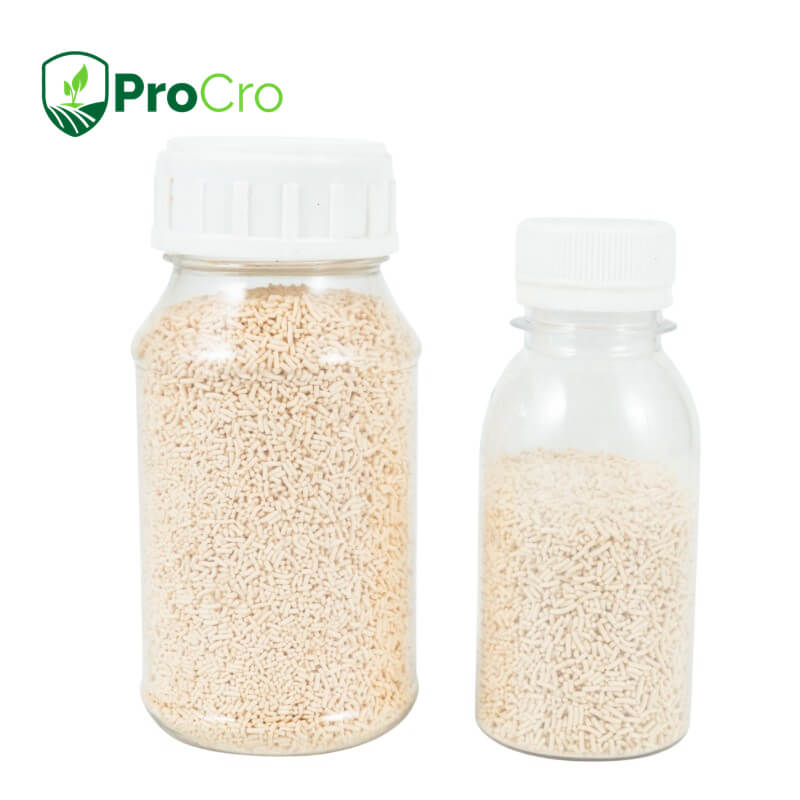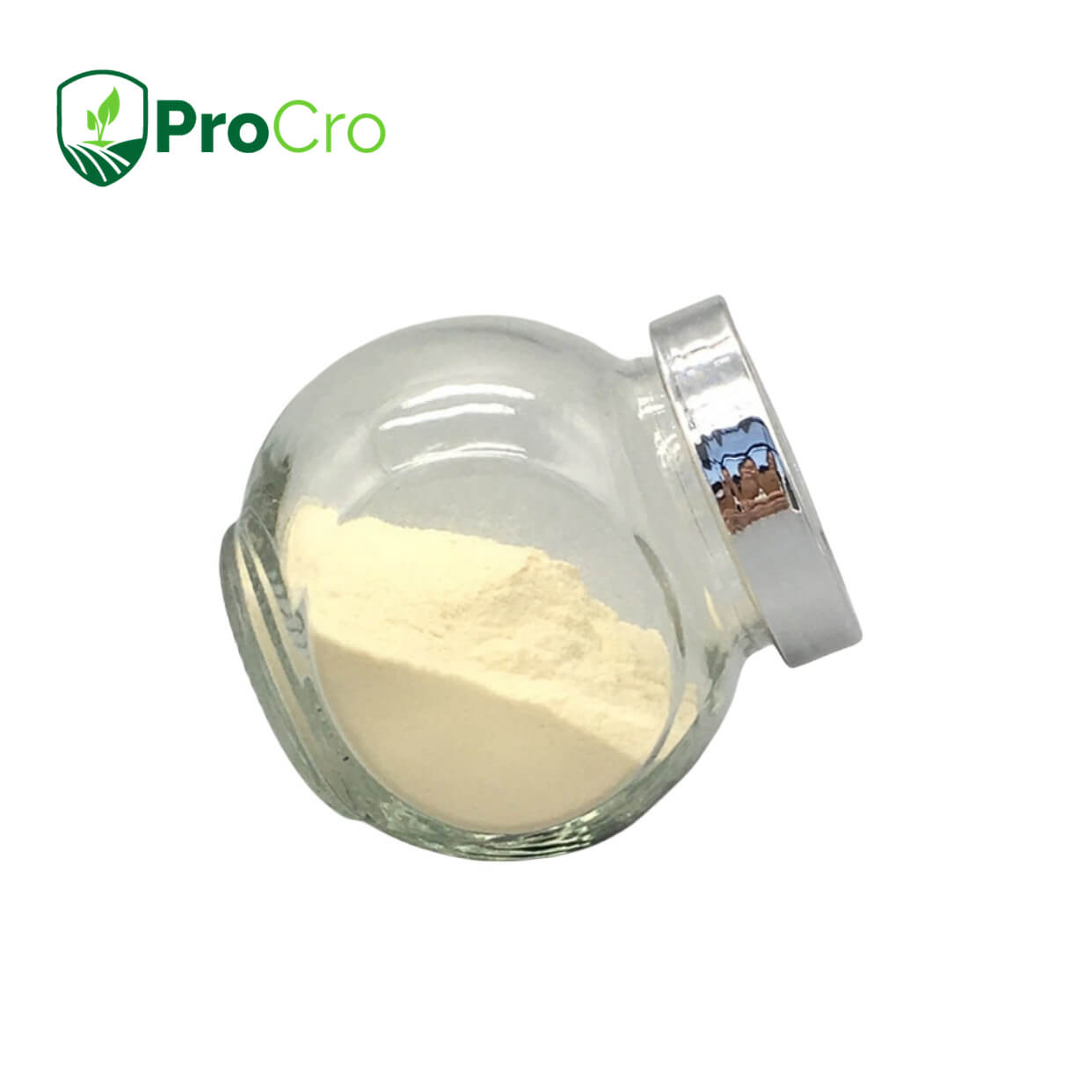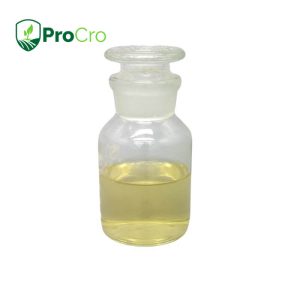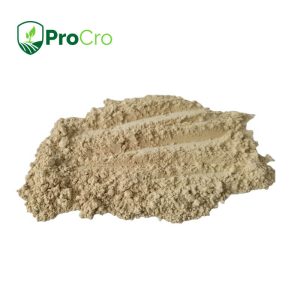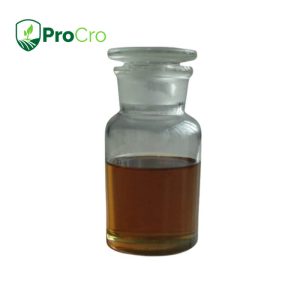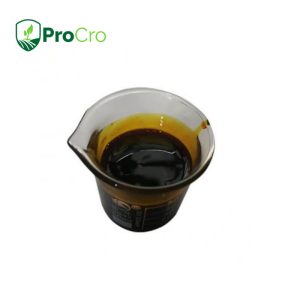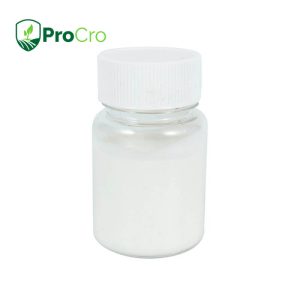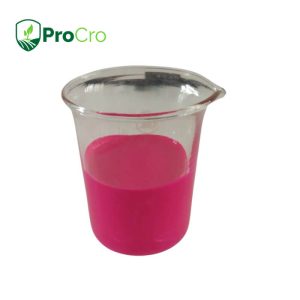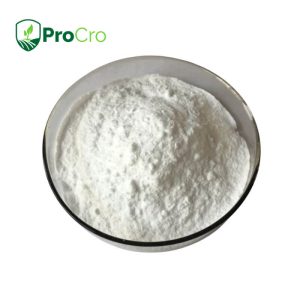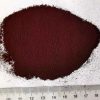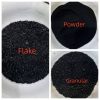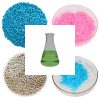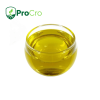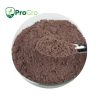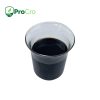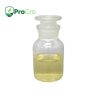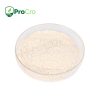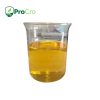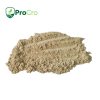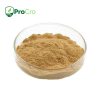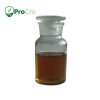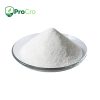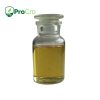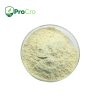Product Details of Thiacloprid
| Product name | Thiacloprid |
| Tech grade | 97.5%TC |
| Formulation | 24%SC, 36%WDG, 24%OD, 25%WP |
| Molecular formula | C10h9cln4s |
| CAS No. | 111988-49-9 |
| EINECS No. | / |
| Shelf life | 2 Years |
Application
1. In agriculture: Thiacloprid can be widely used for the control of various crops, including grains, vegetables, and fruits. It is currently listed as a key supported product in China’s agricultural sector and is a highly regarded insecticide in the global agricultural market.
2. In livestock farming: Thiacloprid can be used to prevent and treat parasites and pests such as fleas on animals like poultry, cattle, and pigs. It also has some effectiveness against horn flies.
3. In aquaculture: Thiacloprid can also be used for the control of fish and shrimp pests. It has become a widely used product in the aquaculture industry.

